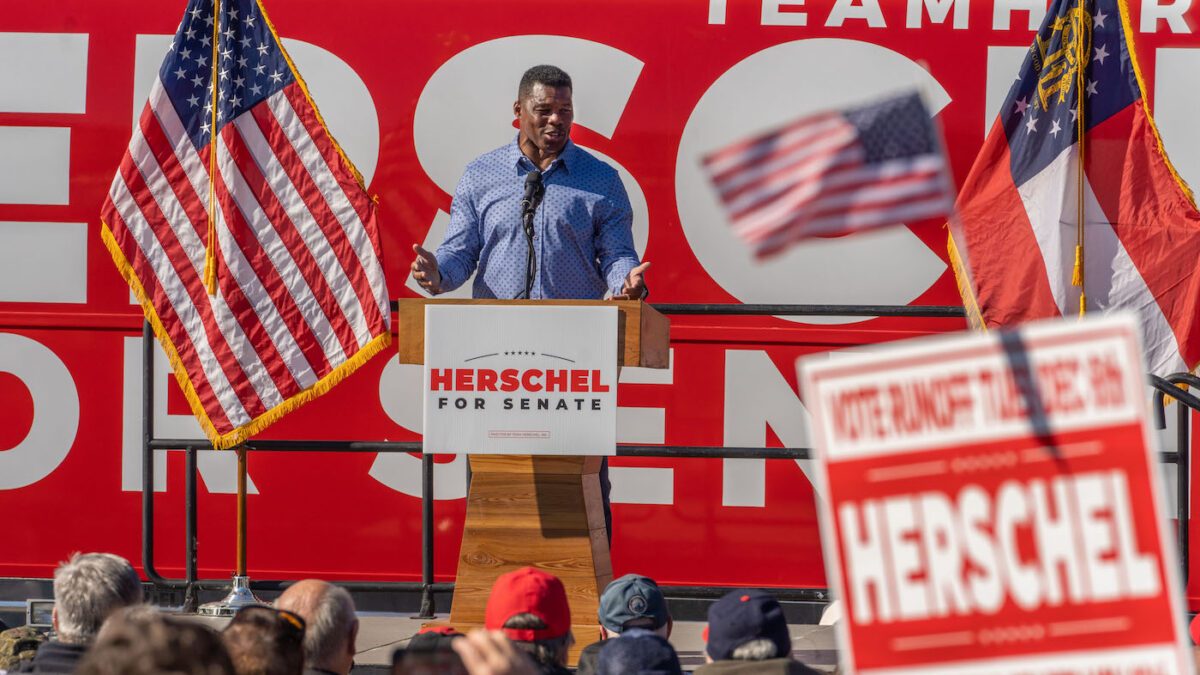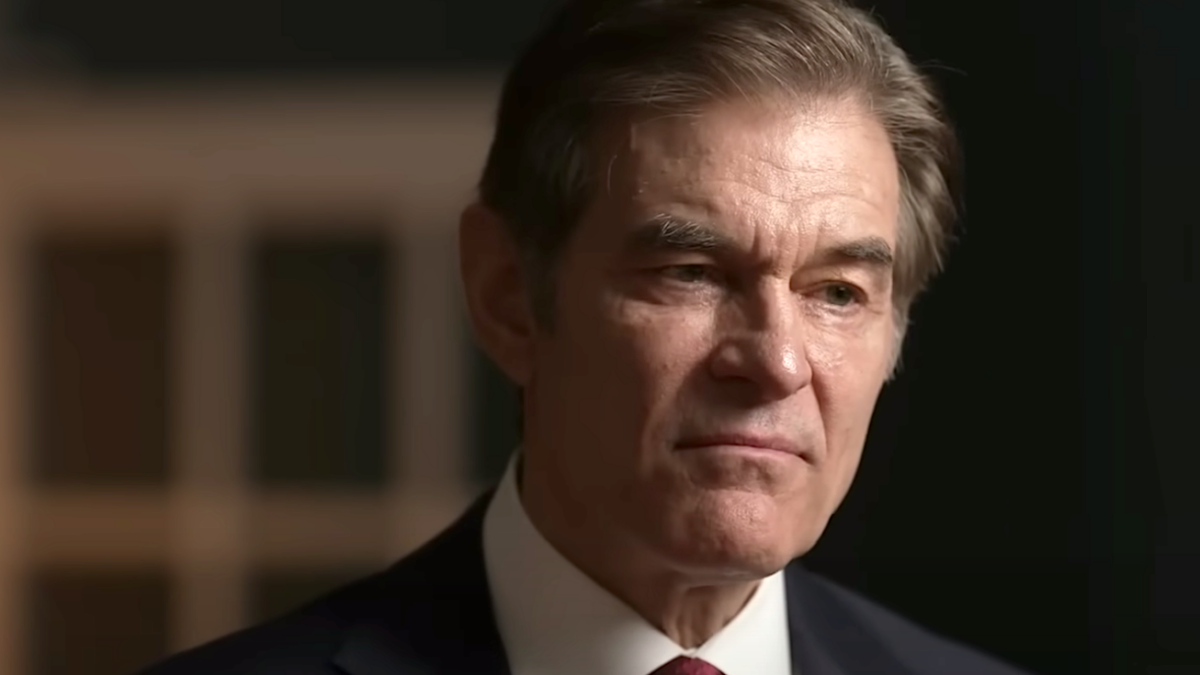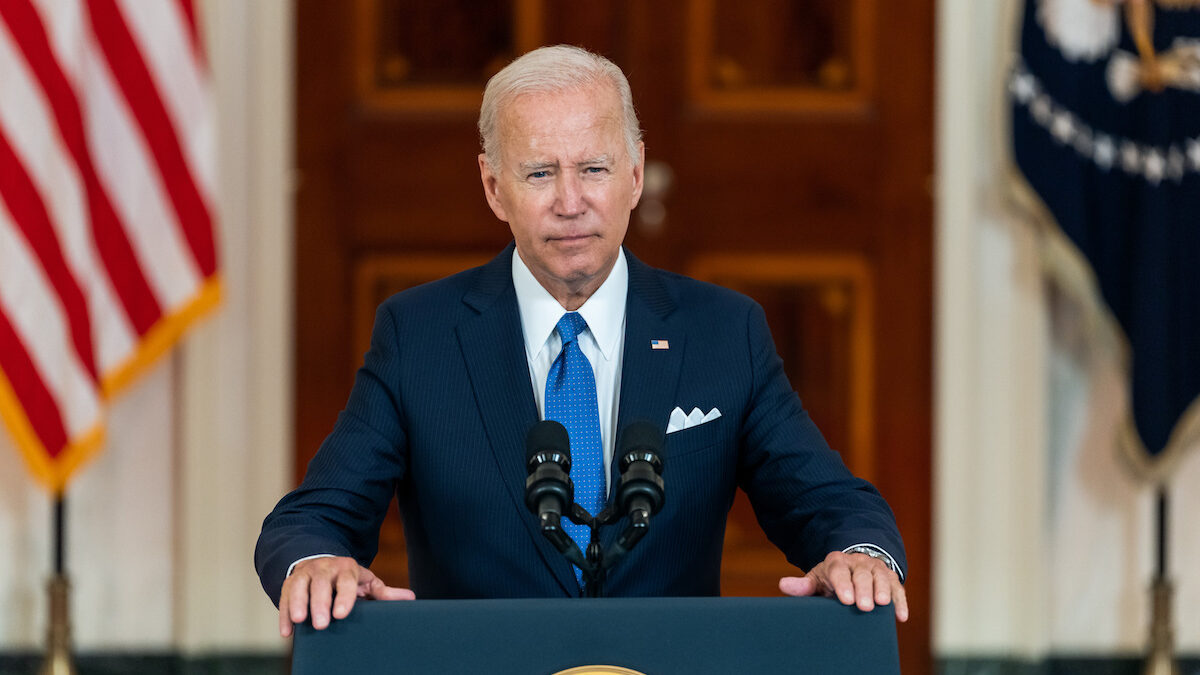With competitive midterm races all across the country, conservatives should not overlook what is quite possibly this year’s most critical gubernatorial race, brewing in Wisconsin. Following a convincing primary win, outsider Tim Michels is keeping pace with the better-funded incumbent.
Wisconsin remains vital in the national political landscape. The durably purple state is going on almost a quarter century of razor-thin margins in almost every major political contest, beginning with President Bush’s 2000 loss by only 0.22 percent through President Trump’s 2016 win by 0.77 percent and his 2020 loss by 0.63 percent. The 2024 road to the White House will almost certainly require frequent stops in Wisconsin, and a gubernatorial ally could make all the difference.
Wisconsinites Are Looking for Improvement
The Wisconsin electorate is looking for a change. According to the most recent Marquette University Law School poll, 63 percent of respondents think the state is headed in the wrong direction. Late into Republican Scott Walker’s second term in 2017, Wisconsin was ranked the 10th best state for business by Chief Executive Magazine. Unfortunately, by 2021 Wisconsin had dipped to 22.
Part of this loss of confidence could be attributed to key agency failures. The state’s unemployment insurance system completely broke down during the early days of Covid, with the state Department of Workforce Development call center answering less than 1 percent of the 41 million calls it received. The average wait time at the state’s key licensing agency is 80 days.
Many attribute these fumbles to the state government’s response to the Covid pandemic. But for legislative resistance and key Wisconsin Supreme Court decisions, the state would have remained locked down indefinitely, with even more damaging consequences. With respect to K-12 performance, Wisconsin ranks in the bottom 11 in reading when compared equally, is tied for last in history and civics education, and is last in math for black students.
Following the 2020 election and the numerous pandemic “accommodations” that were made, legislative leaders attempted to instill confidence in the system by passing common-sense reforms. Included among the at least nine bills advanced by the legislature were reforms such as creating a process for clerks to deactivate registrations that differed from information maintained by the Department of Transportation, requiring legislative oversight of the rogue Wisconsin Elections Commission, and making changes to the “indefinitely confined” voter lists. All of the proposals were vetoed.
But the biggest failure? Crime. It is quickly becoming the defining issue in the race. The images of Kenosha burning following riots over the justified police shooting of Jacob Blake will be forever seared into the minds of Wisconsinites. Despite some describing it as a “dead issue,” two years later, parts of Kenosha remain boarded up. Milwaukee featured the fourth-highest murder rate increase in the country this year and is on pace to shatter last year’s record-setting murder total. Just last week a young pastor, driving to his downtown Milwaukee church at 9:00 in the morning, was killed when an out-of-control driver slammed into his vehicle. A 12-year-old girl was shot in the chest while helping her mom unload groceries in the early evening.
Cities across the state have experienced similar increases, with cities such as Wausau in rural central Wisconsin experiencing a 71 percent increase in violent crime since 2010. Even worse, violent criminals are being released under the state’s old parole statute. According to a recent report, the list of released offenders includes more than 270 murderers and attempted murderers and 44 child rapists.
Who Is Challenging Gov. Tony Evers?
In light of this state of affairs, the contrast between the incumbent and his upstart challenger could not be starker. The incumbent has spent his entire career in the public sector. After a long career in public education, he won the statewide office of superintendent of public instruction, using that as a springboard to a 2018 upset of Gov. Scott Walker.
Michels, his Republican challenger, served for 12 years as an Army Ranger, including as the commander of the Honor Guard at the Tomb of the Unknown Soldier. He has helped grow his family’s construction firm from a few hundred employees to more than 8,000, building the company’s new headquarters in one of the previously neglected downtown harbors of Milwaukee. His running mate, state Sen. Roger Roth, is an officer in the Wisconsin Air National Guard, has been a conservative leader in the Wisconsin Senate, and also has experience in the construction industry, leading a family-run home builder in the state’s Fox Valley.
Michels’ campaign has focused on the governor’s lockdown decisions, his lack of response to the violence in Kenosha, and his soft-on-crime record — in particular the governor’s role in his parole commission releasing violent offenders. Michels immediately came out with a positive pro-life message following the release of the Dobbs draft decision, celebrating the demise of Roe but also noting the need to lovingly change hearts and minds. He has been highly critical of critical race theory in schools, has embraced statewide school choice, and has committed to signing a parental bill of rights. Finally, he has released a day-one blueprint to address concerns related to the state’s election administration.
With Less Than a Month to Go, It’s a Dead Heat
As with any insurgent campaign, resources are key. In September, Florida Gov. Ron DeSantis took time from his own reelection campaign and made a pilgrimage to Lambeau Field in support of Michels. In addition, Michels has infused personal funds into the campaign, recently surpassing $15 million in personal contributions. But Michels continues to lag behind his better-funded opponent by more than a 2-to-1 margin. AdImpact has already tracked $55 million in spending on TV alone in the race, with three weeks to go. By some measures, it is the most expensive gubernatorial race in the country.
Despite Michels’ funding disadvantage, the race remains extremely tight. After trailing in the initial polls following the hotly contested primary, Michels has been surging, leading in four recent polls. Overall, the RealClearPolitics average now shows a dead heat after Michels trailed Evers for most of August and September.
In addition to the attacks one would expect from a hobbled incumbent, Michels’ recent surge has resulted in absurd media hit pieces. Michels and his wife have established a foundation, which just in the last few years donated $15 million to the Medical College of Wisconsin Cancer Center and $1 million to Cornell University for children’s cancer research.
What other entities did the foundation donate to? Organizations that Michels’ opponents would have voters believe are “extremist” include groups such as Sisters of St. Francis of Assisi, Faith Lutheran Church and School, Spring Creek Church, Christ Fellowship, Avail’s Crisis Pregnancy Centers, New Beginnings Pregnancy Centers, the Veritas Society, Pro-Life Wisconsin, and Wisconsin Right to Life. The message from the media was clear — any support of organizations that support life or traditional views on sexuality should disqualify Michels as a bigot.
The winnable race for Wisconsin governor may very well be the most important executive branch contest this cycle. In a state that will be critical to any White House hopeful, national conservatives should rally behind a candidate that has proudly stood for life, led a large employer, and honorably served his country. Recall in 2010 an upstart and energetic Scott Walker rode a national red wave to the East Wing and in the process ushered in eight years of some of the boldest conservative reforms in the country, reforms that served as templates for innovative leaders across the country.
As the nation struggles with the consequences of horrible left-wing policy decisions at the national level over the last two years, we need another conservative revolution to reset our national direction. What better place to start the course correction than the state that spurred the conservative Cheesehead revolution? Tim Michels can reclaim the mantel of conservative reformer, in the process setting the table for conservative success in 2024 and beyond.









